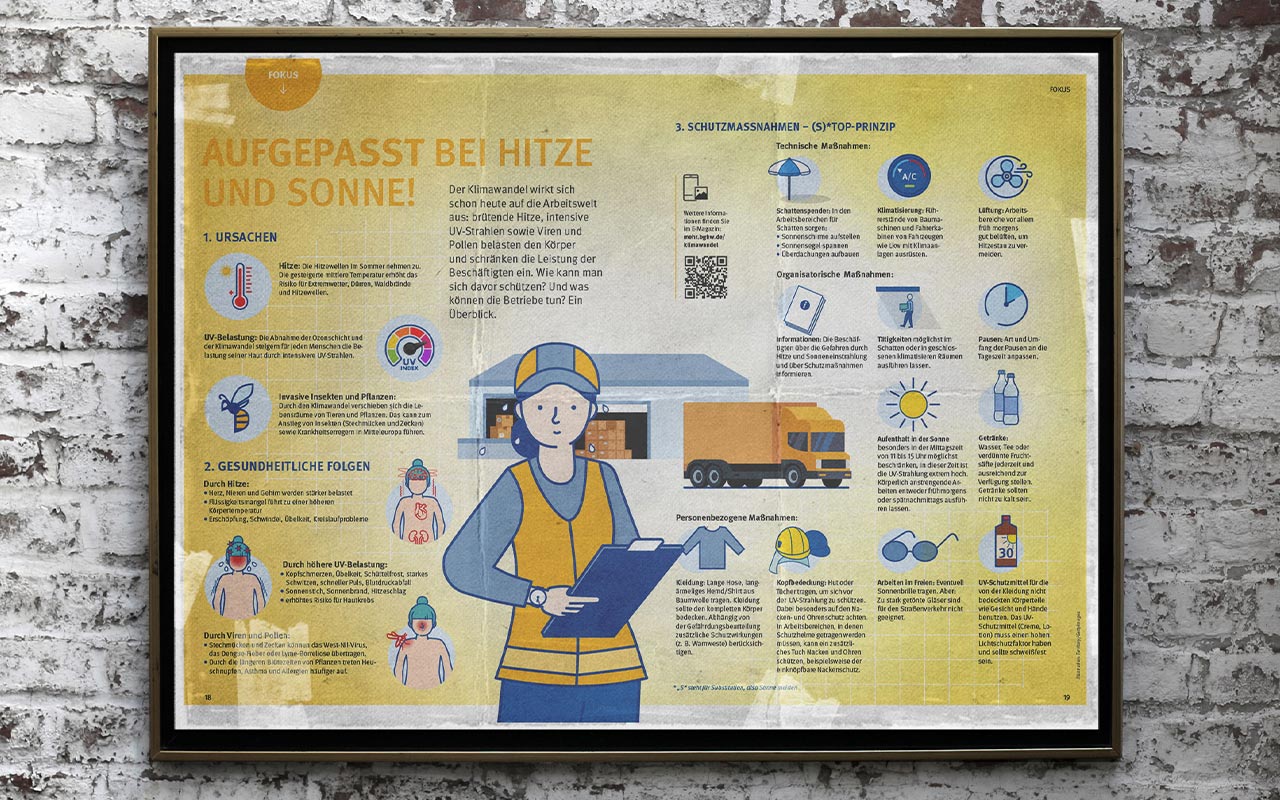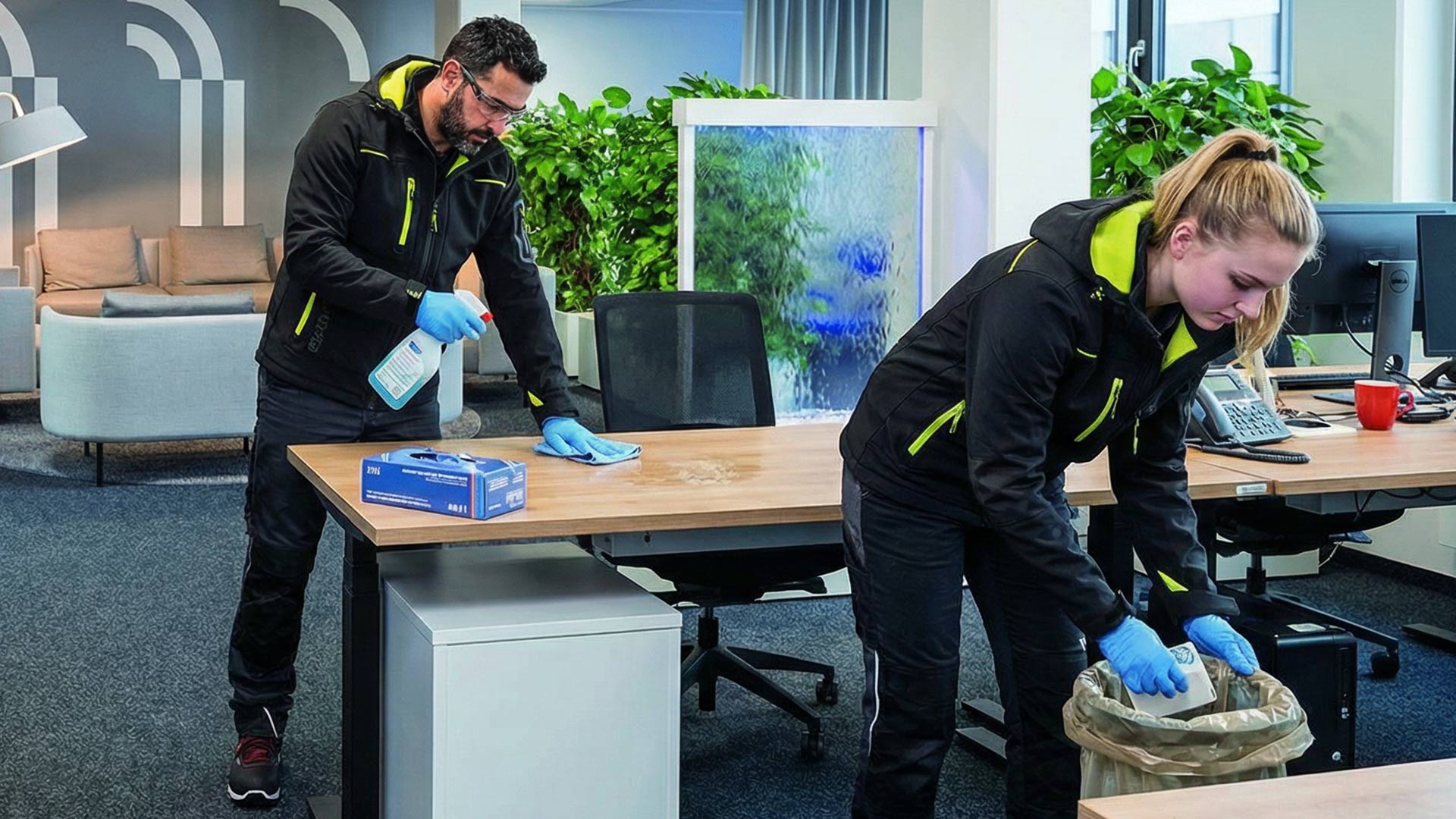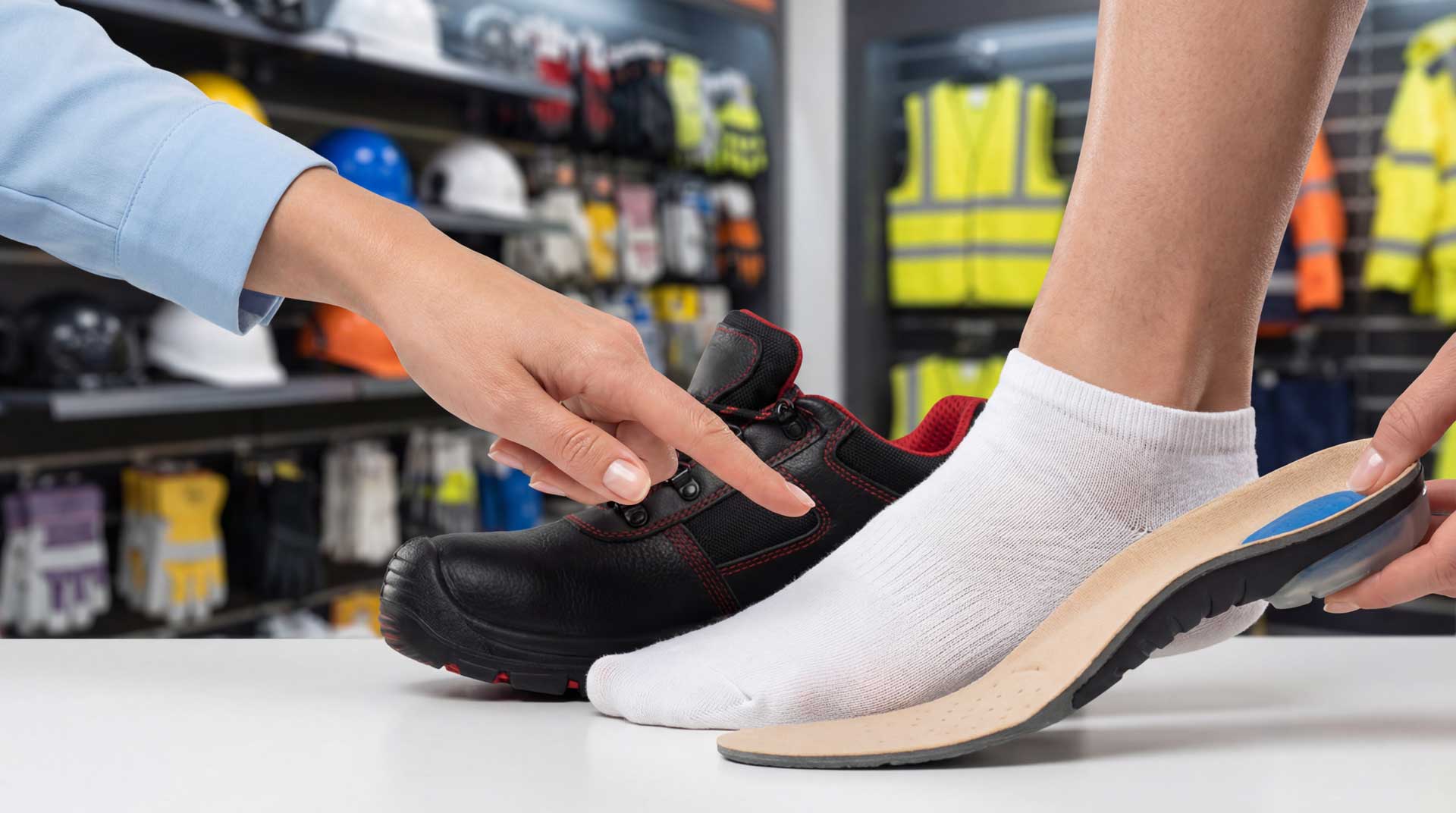UV radiation, heat, extreme weather: Climate change will have an increasingly strong impact on the world of work and health – whether outdoors or indoors. What does this mean for occupational safety, and how can managers and employees adapt to it?
Climate change is no longer a mere theory, but a reality that is increasingly affecting the world of work. Heat waves, droughts, storms and heavy rainfall are just some of the effects we have already experienced. They have devastating consequences not only for the environment and infrastructure, but also for the health of employees.
Employees working outdoors in particular are increasingly exposed to the risks of climate change. The increasing UV radiation can lead to skin and eye damage. Working in extreme heat puts a strain on the circulation and increases the risk of heat stress and exhaustion. Drought and poor air quality can also cause respiratory diseases and asthma attacks.
To meet this challenge, it is essential that companies develop an awareness of the risks of climate change and take appropriate action. This includes the provision of protective clothing and sunscreen, but also the adjustment of working hours and locations to minimise heat stress.
>> CLIMATE CHANGE INFOGRAPHIC <<
In addition to the physical dangers, climate change also has an impact on the mental health of employees. The phenomenon of "solastalgia" describes the stress and helplessness that occurs as a result of environmental changes. Young and older people in particular are affected by these psychological stresses. Companies should therefore also provide psychosocial support services to promote the mental health of their employees.
Climate change will continue to intensify in the coming years. Climate researchers predict a further warming of up to 2.3 degrees Celsius by 2050. It is therefore essential that companies and employees actively adapt to these changes. Even today, personal protective measures such as appropriate clothing, sun protection and regular breaks in the heat should be a matter of course.
The world of work is changing, and climate change is placing new demands on occupational health and safety. It is crucial that companies recognize their responsibility, take appropriate measures and sensitize their employees to the dangers of climate change. By actively adapting to the changes, we can help ensure health and safety at work even in times of climate change.




